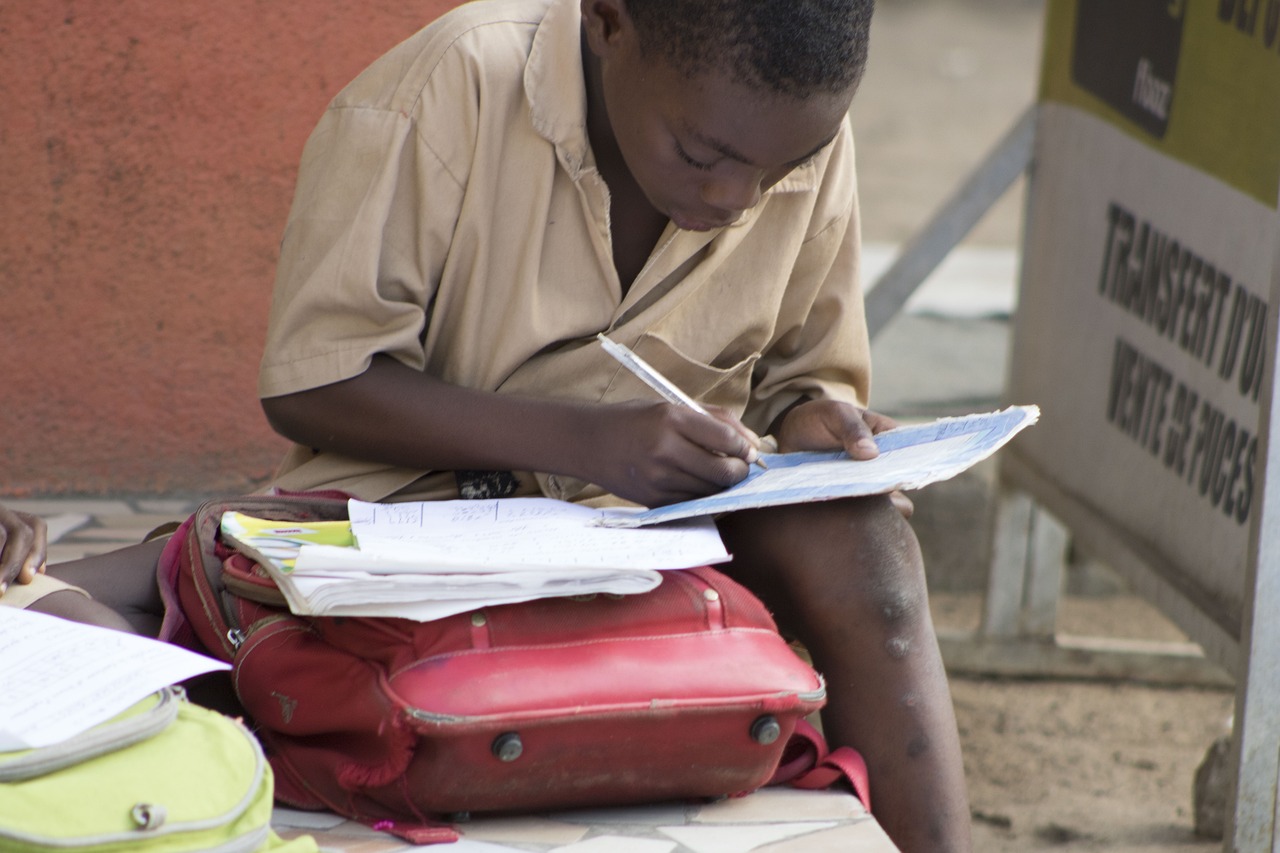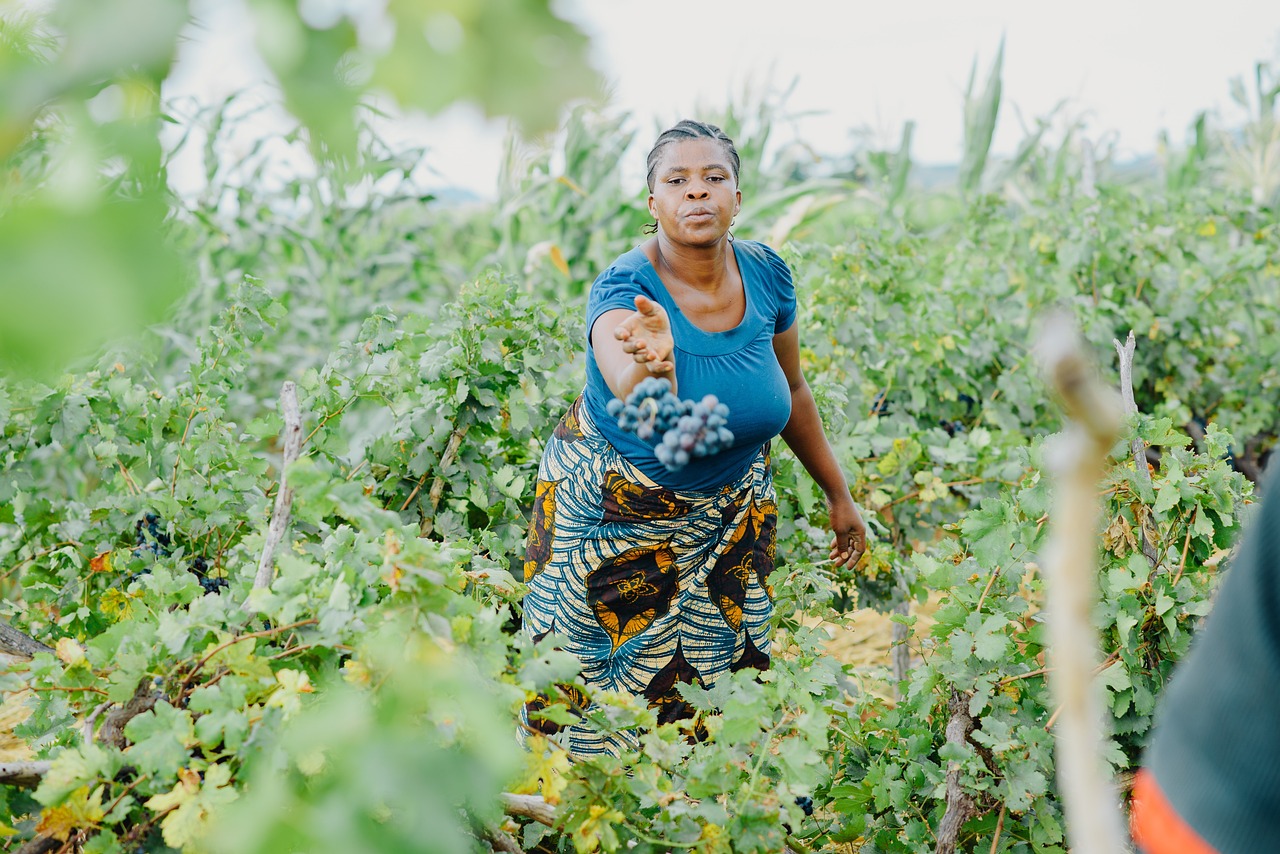Introduction: In the vast landscapes of Africa, a continent brimming with potential, lies a generation of children whose dreams and aspirations are often overshadowed by the harsh realities of poverty and limited access to quality education. However, there is hope. Organizations dedicated to empowering African children through education are making a remarkable difference, allowing these young minds to flourish and shape a brighter future. In this blog post, we will explore the significance of education for African children, the challenges they face, and the inspiring efforts being made to provide them with the opportunities they deserve.
- The Power of Education: Education is a fundamental human right that has the power to transform lives and communities. For African children, education opens doors to a world of possibilities, empowering them to break free from the cycle of poverty, become self-sufficient, and contribute positively to society. It equips them with vital skills, knowledge, and a sense of empowerment, enabling them to lead fulfilling lives and pursue their dreams.
- Challenges Faced by African Children: Despite the immense potential, African children encounter numerous challenges in accessing quality education:
- Limited Infrastructure: Many schools in remote areas lack adequate facilities, such as classrooms, libraries, and sanitation facilities, hindering the learning process.
- Financial Barriers: Poverty often prevents families from affording school fees, uniforms, textbooks, and other educational resources.
- Gender Inequality: Girls, in particular, face gender-based discrimination, cultural biases, and early marriages, depriving them of educational opportunities.
- Teacher Shortage: A shortage of qualified teachers affects the quality of education, leading to overcrowded classrooms and limited individual attention.
- Language Barriers: In some regions, language differences between local dialects and the national language pose communication challenges, impeding effective learning.
- Empowering African Children through Education: Thankfully, numerous organizations are working tirelessly to address these challenges and provide African children with access to quality education:
a) Building Schools and Infrastructure: NGOs and charitable foundations are constructing schools and improving existing infrastructure in underserved communities, ensuring a conducive learning environment for children.
b) Scholarships and Financial Aid: Organizations are offering scholarships and financial aid programs, enabling children from disadvantaged backgrounds to pursue their education without the burden of financial constraints.
c) Teacher Training and Recruitment: Initiatives are focused on training and equipping local teachers with the necessary skills and knowledge, thereby improving the quality of education and fostering a sustainable learning environment.
d) Girls' Education Initiatives: To promote gender equality, targeted programs are being implemented to encourage and support girls' education, challenging societal norms and empowering young girls to realize their full potential.
e) Multilingual Education Programs: Recognizing the importance of preserving local languages and ensuring effective learning, organizations are implementing multilingual education programs that bridge the gap between local dialects and national languages.
- Success Stories and Impact: The impact of these efforts is evident through inspiring success stories. African children who have received quality education are breaking barriers, pursuing higher education, and becoming catalysts for change within their communities. With improved access to education, they are finding innovative solutions to local challenges, creating sustainable businesses, and leading social initiatives that uplift their communities.
- How You Can Make a Difference: Supporting organizations working to empower African children in education is an impactful way to contribute. Consider:
a) Donating: Financial contributions can help provide scholarships, build schools, and support ongoing programs that promote education for African children.
b) Volunteering: Explore opportunities to volunteer your time and skills with organizations that focus on education initiatives in Africa. Your expertise can make a meaningful difference.
c) Raising Awareness: Share stories and information about the importance of education for African children on social media,
d) Fundraising: Organize fundraising events or campaigns in your community or workplace to generate funds for educational initiatives in Africa. Every donation counts and can make a significant impact on a child's life.
e) Partnering with Organizations: Collaborate with reputable organizations that focus on education in Africa. By partnering with them, you can amplify their efforts and contribute to their programs through resources, expertise, or networking opportunities.
f) Supporting Local Initiatives: Explore grassroots initiatives within African communities that are working towards improving education. By supporting these initiatives directly, you can make a tangible impact on the ground.
Conclusion: Education has the power to transform lives, and it is crucial to empower African children with access to quality education. By addressing the challenges they face and supporting organizations dedicated to education initiatives, we can help unlock the potential of these young minds and pave the way for a brighter future in Africa. Together, let's ensure that every child in Africa has the opportunity to learn, grow, and realize their dreams. Join the movement to uplift and empower Africa's children through education, and let us make a lasting impact on generations to come.


